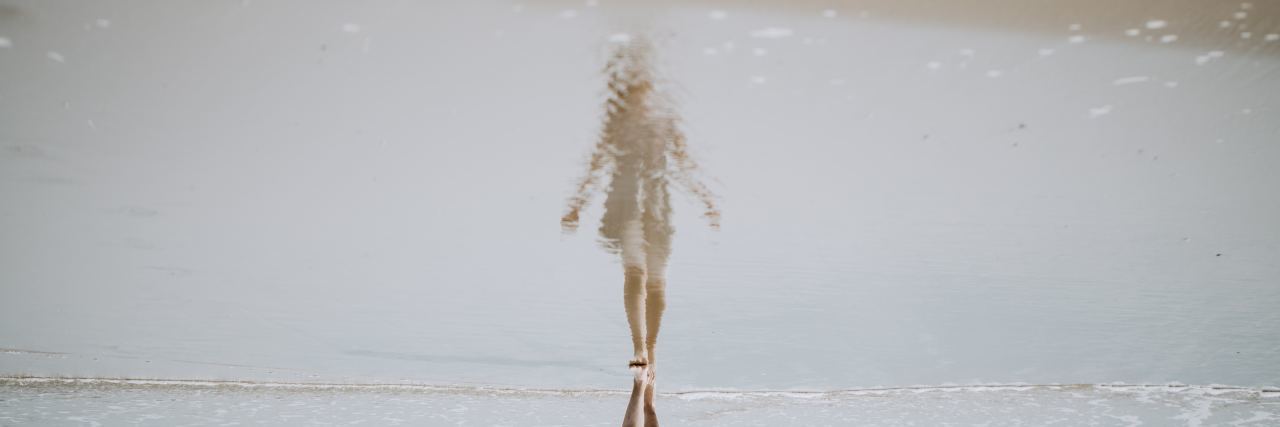When I graduated college, life seemed full of possibility. No longer tied to a rigorous and predictable academic schedule, I could pretty much do anything, within reason. All of my friends were starting one-of-a-kind internships, traveling abroad or enjoying their last summer before grad school or real jobs. I, on the other hand, was anticipating a most exciting summer activity—minor melanoma surgery. Even as my recovery progressed and I was objectively healthier as a result, I felt worse than I did before. The toll of all of my transitions were not physical, but mental and emotional.
Enter depression. I’ve always had anxiety, which puts me in a constantly hyper-alert and nervous state. I’m used to that. But in the face of unemployment and an indefinite next step in my life, I started to feel something more. Or, less, I suppose. It wasn’t sadness exactly. I did cry a lot, but that’s not a huge departure from my usual behavior. I frequently felt agitated at the most trivial things, started sleeping restlessly, didn’t leave my property unless strictly necessary and wallowed in my shame. I ignored my friends and felt a huge empty weight in my chest at all times. I was like a shell of the person I was before.
My parents got fed up with me spending days laying around, not applying to jobs, and generally being unbearable to be around, so they sent me to a therapist. As I sat in her dim room on a scratchy 100-year-old couch, I ran through the list of my weird behaviors over the past few months. She wrote some things down and nodded in silence before saying, “It’s pretty clear to me that you have dysthymia in addition to your anxiety.” Great, not only did I have long-standing anxiety, now I was going to die of a rare and life-threatening disease.
Dysthymia, it turns out, is the medical term for mild depression, as opposed to clinical depression/major depressive disorder. People with dysthymia are able to get out of bed and function, but still exhibit traditional depressive symptoms like irritability, loss of interest in regular activities and feelings of hopelessness.
Before depression, I was highly enthusiastic, excited about all of the things I could do now that I was out of school. I valued time with my friends and family, wanted to get in shape, learn sign language and do all sorts of “real world” things. After, I became a listless hermit. I lost all the ambition and drive that 17 years of formal schooling had ingrained in me.
Above all, depression has turned me into a liar. It tells me that I’m not good enough for a fulfilling job or a bright future. It tells me I am a joke and an imposter and not worth anyone’s time, even my own. It tells me that no matter how hard I try in something, I will fail. More than that, depression makes me lie to the people I care about. I tell my parents I’m fine, that I’m just perpetually tired. Texts and phone calls from my friends go unanswered. On good days, I agree to plans with people, only to make up all variety of excuses when the plans actually roll around. It’s so much easier to pin the blame on something outside of my control, like a backfiring car or babysitting job, than on my malfunctioning brain.
It can be embarrassing to admit you have a mental illness. For me, struggling with depression, however mild, has been an isolating experience, in part because I don’t talk about it enough. For those with depression and those without, isolation is never the answer. Reach out. Stay connected. Lean on your friends and your family, and maybe even that one acquaintance from forever ago that halfheartedly said “keep in touch.”
Depression thrives on keeping the stigma alive and keeping us from understanding each other. Depression thrives on lies. We are stronger together than apart, even if depression tells us otherwise. While depression has made me into someone different than I was before, it hasn’t made me any less of a person.
We want to hear your story. Become a Mighty contributor here.
Unsplash photo via Nine Kopfer

